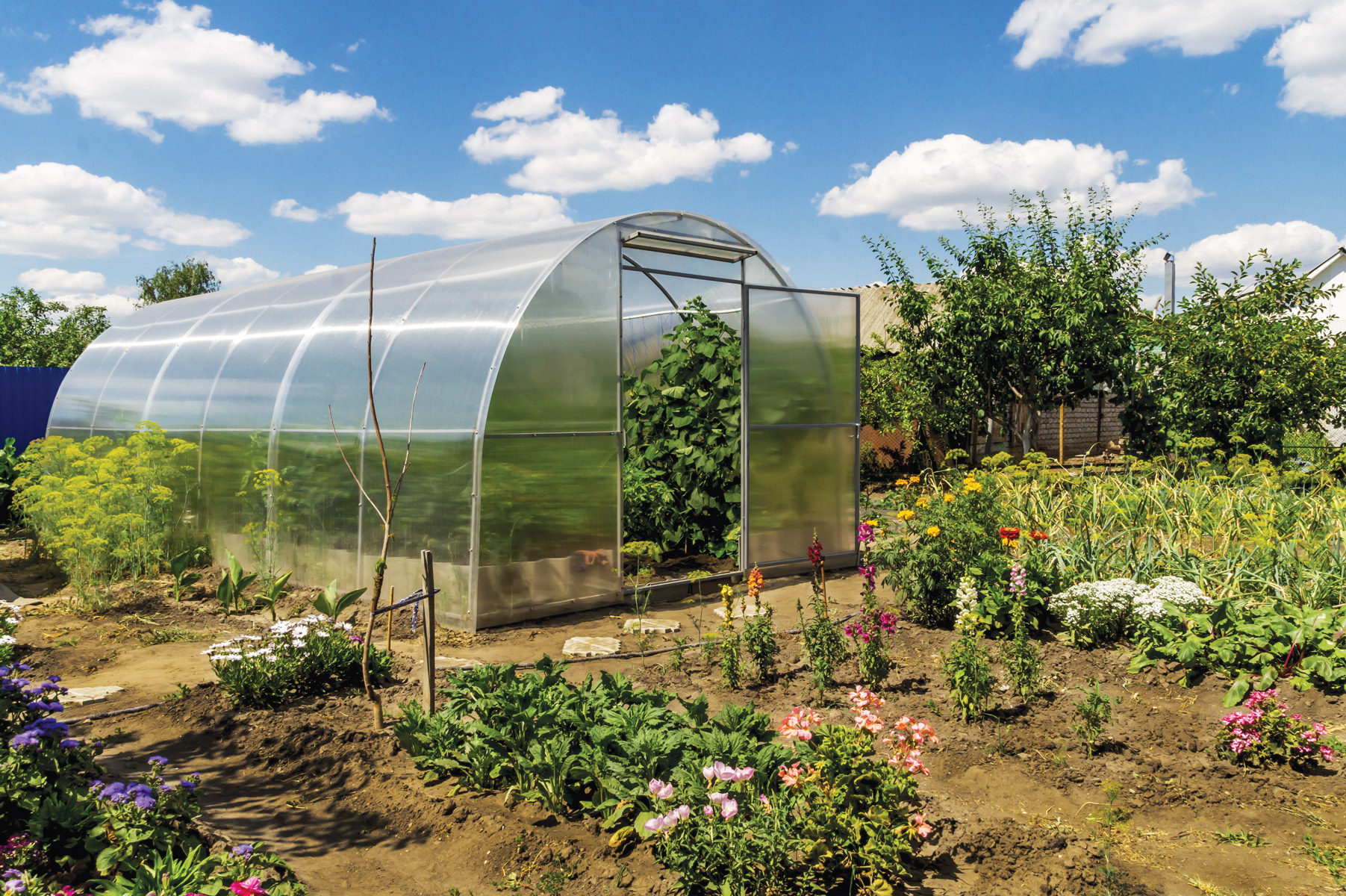Hoophouses have become an essential tool in modern agriculture, offering a cost-effective solution for extending growing seasons, improving crop yields, and promoting sustainable farming practices. Whether you’re a seasoned farmer, a hobbyist gardener, or a community organization looking to grow fresh produce, navigating the process of choosing reliable hoophouse services can feel overwhelming.
Understanding the Basics of Hoophouses
A hoophouse, often referred to as a high tunnel, is a semi-permanent structure designed to create a controlled environment for plants. Building a DIY hoophouse, like those in Colorado, is a cost-effective way to extend your growing season. Its arch-like framework is covered with polyethylene or another transparent material, allowing sunlight to penetrate while protecting crops from adverse weather conditions like frost, heavy rainfall, or excessive heat.
The primary purpose of hoophouses is to extend growing seasons, but they also help regulate humidity, reduce pest infestations, and improve soil conditions. They are versatile structures used by commercial farmers, schools, community organizations, and even backyard enthusiasts.
The Benefits of Hoophouses for Different Users
Hoophouses are incredibly adaptable and offer benefits for various users:
- Farmers: Hoophouses enable year-round crop production, increase yields, and reduce losses due to weather or pests. They are useful for small-scale farmers seeking to grow high-value crops.
- Gardening Enthusiasts: Home gardeners can enjoy larger harvests and grow a wider range of plants, including exotic species, no matter the climate.
- Community Organizations: Schools and community gardens use hoophouses to foster educational programs, promote local food systems, and provide fresh produce to underserved communities.
- Businesses: Restaurants or retailers looking to maintain a steady supply of fresh, organic produce benefit from hoophouse-grown crops.
Their versatility and cost-effectiveness make hoophouses an attractive solution for anyone looking to maximize agricultural efficiency.
Factors to Consider When Choosing Hoophouse Services
When selecting a hoophouse service provider, it’s essential to evaluate the following factors:
- Customizability: Does the service offer tailored solutions to meet your specific needs? Factors like size, crop types, and climate considerations must be addressed.
- Material Quality: Reliable providers should use high-quality, durable materials that can withstand wear and tear while offering excellent insulation and light transmission.
- Installation Services: Does the company provide professional installation support? Poorly installed hoophouses can lead to inefficiencies and increased maintenance costs.
- Warranty and Support: Look for providers who offer warranties on their products and ongoing customer support to assist with any issues post-installation.
- Cost: While cost shouldn’t be the sole determinant, ensure the service you’re choosing offers value for money. A good provider will balance quality and affordability.
How to Identify Reliable Hoophouse Service Providers
Finding a dependable service provider is key to ensuring the success of your hoophouse. Here are steps to help you identify the best options:
- Do Your Research: Start with referrals from trusted sources, such as fellow farmers or gardening groups. Online reviews and testimonials can also provide valuable insights.
- Visit Existing Projects: If possible, visit hoophouses installed by the provider to inspect the quality of their work and get first-hand feedback from previous clients.
- Check Credentials: Reliable providers should have experience in the industry, a proven track record, and relevant certifications.
- Evaluate Customer Service: A provider that responds promptly, communicates clearly, and genuinely understands your needs is more likely to provide a seamless experience.
- Ask for a Proposal: Obtain detailed proposals from multiple providers, including project timelines, materials used, cost breakdowns, and warranties. Compare these thoroughly before making a decision.
Conclusion
Hoophouses boost sustainability, improve food security, and extend growing seasons while supporting local food systems. To ensure success, choose a provider offering quality materials, customization, and expert support.










